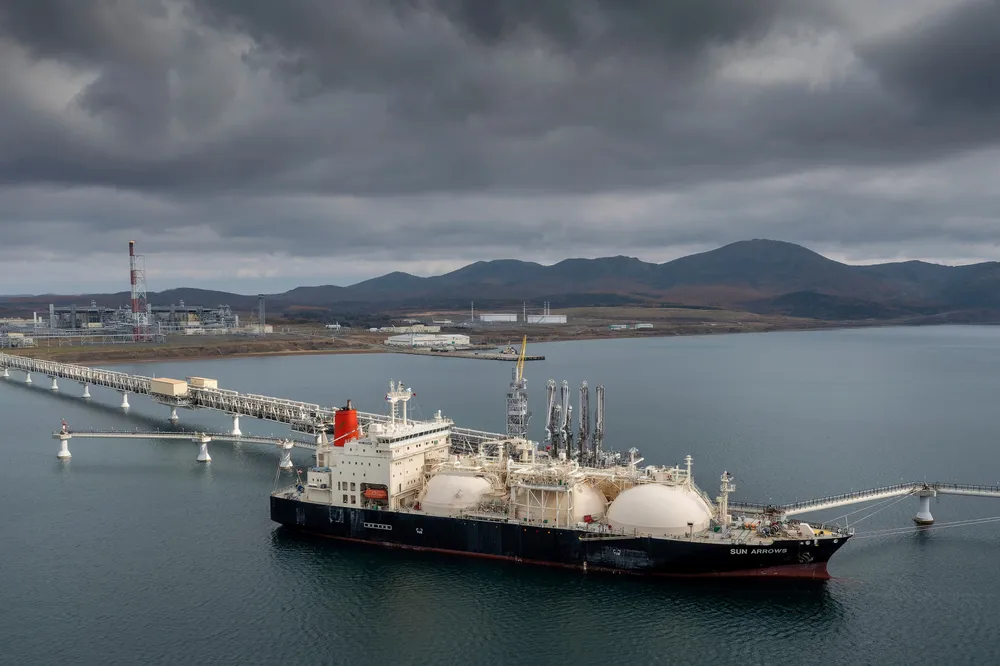Japan’s LNG contracts to remain intact despite Russia seizing control of Sakhalin 2
Analysts see move by Kremlin primarily as attempt to force out foreign shareholders from a key energy project in Russia’s far east

Analysts see move by Kremlin primarily as attempt to force out foreign shareholders from a key energy project in Russia’s far east
